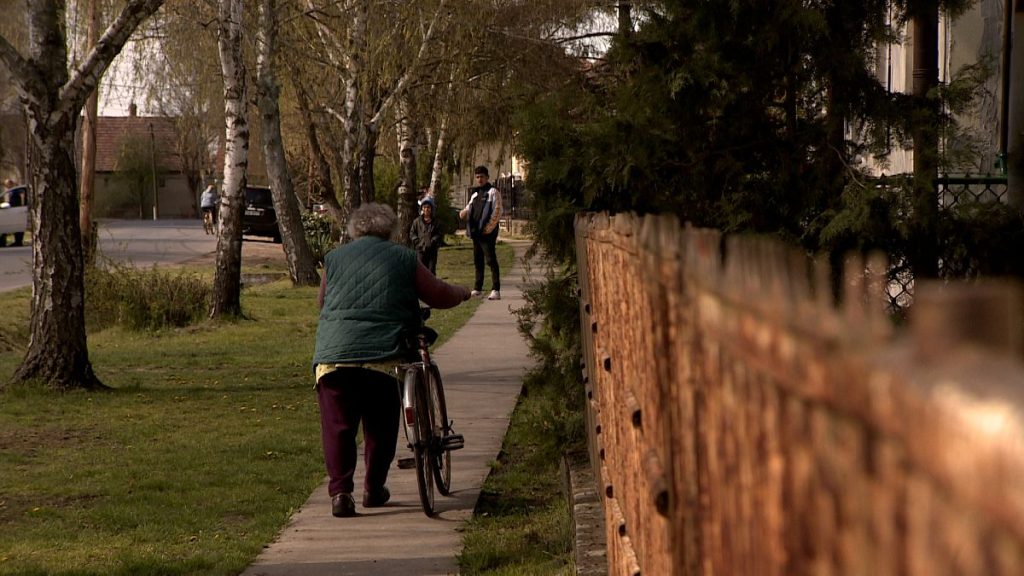A recent survey reveals that a substantial majority of Hungarians support the government’s move to implement stricter drug laws, with only 12% opposing these changes. The new legislation proposes increased penalties and restricted access to diversion programs, reflecting the government’s focus on a stringent approach to drug policy. Despite this popular support, experts suggest that these measures may serve as a political maneuver rather than an effective solution to the underlying issues pertaining to drug abuse in the country.
| Article Subheadings |
|---|
| 1) Implications of Drug Law Revisions |
| 2) Government’s Campaign and Its Criticism |
| 3) Impact on Vulnerable Communities |
| 4) Ongoing Drug Issues in Rural Regions |
| 5) Potential Solutions Beyond Legislation |
Implications of Drug Law Revisions
The recent Europion survey highlights a marked public endorsement for enhancing drug law regulations in Hungary, with two-thirds of respondents favoring the proposed changes. This legislative package aims to escalate penalties for drug-related offenses and tighten access to diversion programs, a strategy that has ignited discussion regarding its effectiveness. As drug-related issues have permeated various communities disproportionately, the initiative appears to respond directly to public sentiment while potentially exacerbating underlying problems linked to addiction and socioeconomic factors.
Government’s Campaign and Its Criticism
In the backdrop of this legislative push, police have intensified their enforcement actions, conducting multiple raids framed as part of an ongoing “war on drugs.” According to drug policy expert Péter Sárosi, the intensification of Portugal’s already stringent regulations might serve more as a propellant for electoral gains than as a bona fide strategy to ameliorate drug-related challenges. Sárosi indicated that viable alternatives include better funding for preventative and treatment programs, which have historically been neglected in the country.
He elaborated,
“There are effective prevention programmes, it makes sense to invest in treatment for people struggling with drug addiction,”
underscoring the necessity for a comprehensive approach to drug use in Hungary.
Impact on Vulnerable Communities
One critical demographic impacted by these drug issues is the impoverished rural populations, particularly those in regions like South Heves. Many individuals resort to inexpensive and hazardous synthetic drugs in their pursuit of temporary relief from their grim circumstances. In a notable visit, Prime Minister Viktor Orbán acknowledged these pressing challenges while asserting,
“You know that there is a problem because these drugs that are destroying our children and even adults are proliferating.”
Inherent in his statement is the need for a more nuanced solution rather than merely increasing legislative penalties.
Local residents recall the removal of drug dealers due to recent raids, reporting less usage of illicit substances as dealers have apparently retreated, although many acknowledge ongoing drug-related issues in the community. The sentiment seems to echo a collective desire for a safer environment while simultaneously underscoring the fears associated with public drug dealer visibility.
Ongoing Drug Issues in Rural Regions
Despite the government’s efforts and public sentiment that favors tougher regulations, there remains an undercurrent of fear and silence among community members when it comes to discussing persistent drug trafficking. Reports indicate that even though higher penalties may deter some dealings, a continual influx of new dealers often fills the void left by arrests. Many residents express fear of speaking out against dealers, understanding the risks that come with such disclosures.
A local drug user in Tarnaörs, who wished to remain anonymous, shared the grim reality that drug use often begins early for individuals in these impoverished regions, driven by a lack of prospects and feelings of hopelessness.
Potential Solutions Beyond Legislation
Experts like Péter Sárosi stress that merely punitive legislative measures will not resolve the root causes of drug use among the population. They advocate for a holistic approach that focuses on creating socioeconomic opportunities for youth who are largely excluded from traditional pathways of success. Sárosi pointed out that drug use is often symptomatically linked to poverty, exclusion, and hopelessness, urging that root causes need to be systematically addressed to effect real change.
Such solutions may encompass improving access to education, providing job training, and increasing community engagement efforts to foster identities beyond that of substance abusers. Unfortunately, attempts to engage government officials regarding systemic approaches beyond enforcement have proven futile, with key representatives declining interviews.
| No. | Key Points |
|---|---|
| 1 | Majority of Hungarians support stricter drug laws. |
| 2 | The government’s approach is criticized as a form of penal populism. |
| 3 | Socioeconomic issues in rural areas amplify drug problems. |
| 4 | Continued drug dealer presence, despite law enforcement actions. |
| 5 | Experts advocate for long-term solutions addressing root causes. |
Summary
In conclusion, while the Hungarian government’s proposed revisions to drug laws seem to reflect popular opinion, they potentially overlook the intricate issues of poverty and socioeconomic disparity that underpin drug use in affected communities. Without addressing these underlying factors, merely escalating penalties is unlikely to yield substantive change. As experts suggest, a multifaceted approach focusing on prevention, treatment, and systemic socio-economic improvements is essential for making progress in combating drug-related challenges in Hungary.
Frequently Asked Questions
Question: What are the proposed changes to Hungary’s drug laws?
The proposed changes include increased penalties for drug offenses and restricted access to diversion programs aimed at offenders.
Question: Why do some experts criticize the government’s new drug policy?
Experts criticize the policy as a form of penal populism, suggesting that it focuses more on attracting votes during elections rather than effectively addressing the root causes of drug abuse.
Question: What are the characteristics of drug use in impoverished areas of Hungary?
In impoverished regions of Hungary, residents often turn to cheap and harmful synthetic drugs as an escape from the harsh realities of poverty, exacerbating existing social issues.


